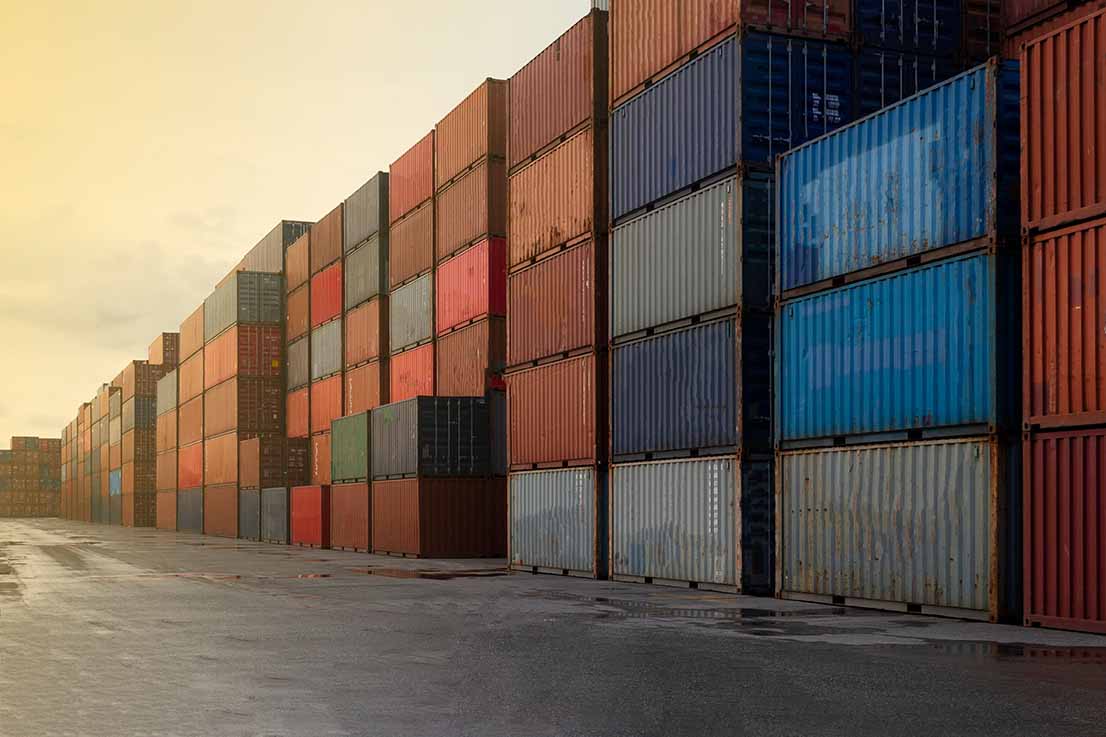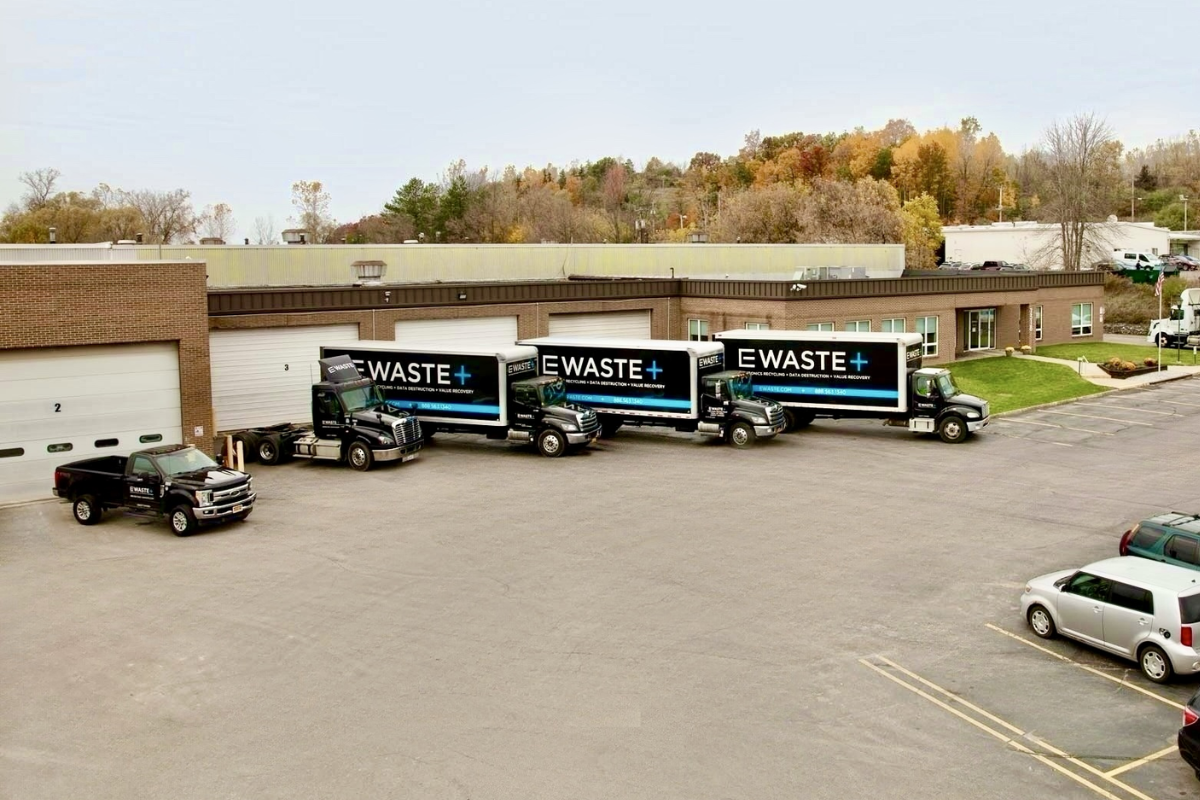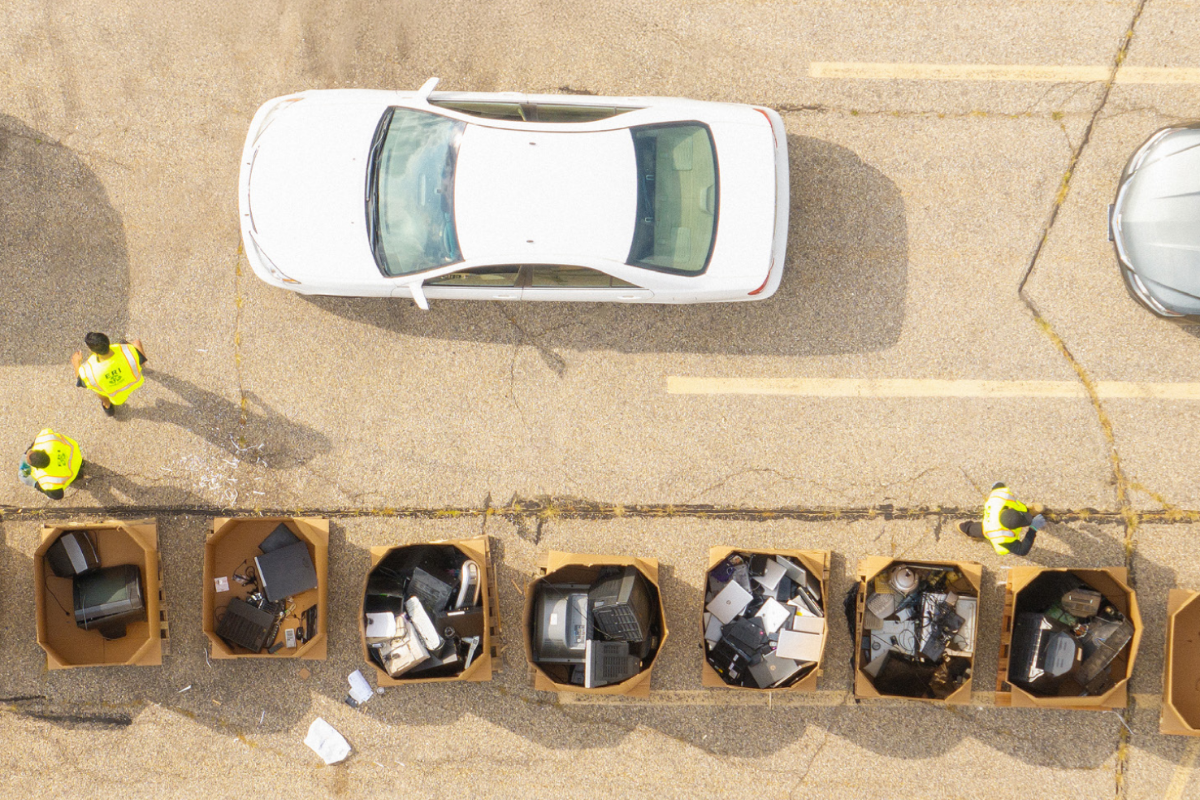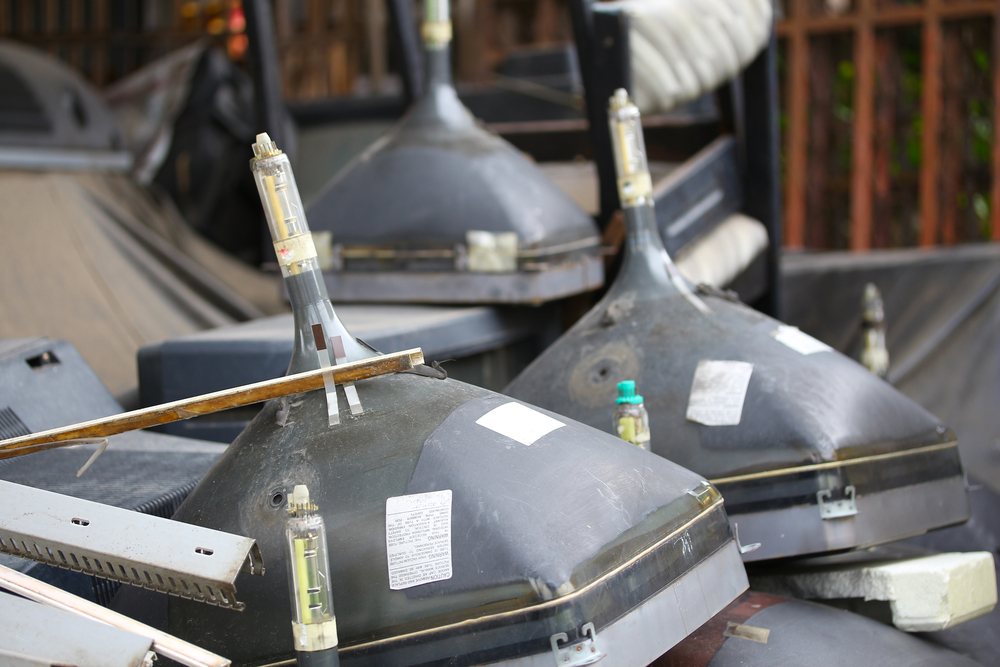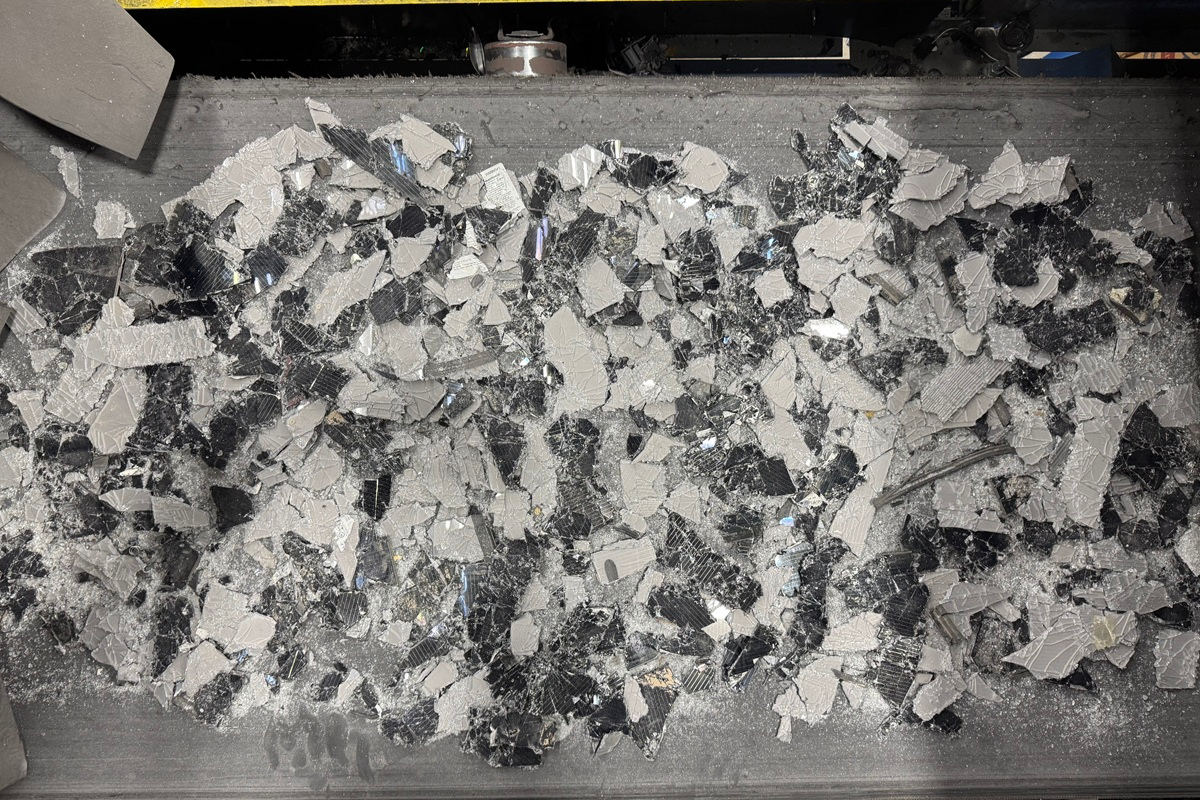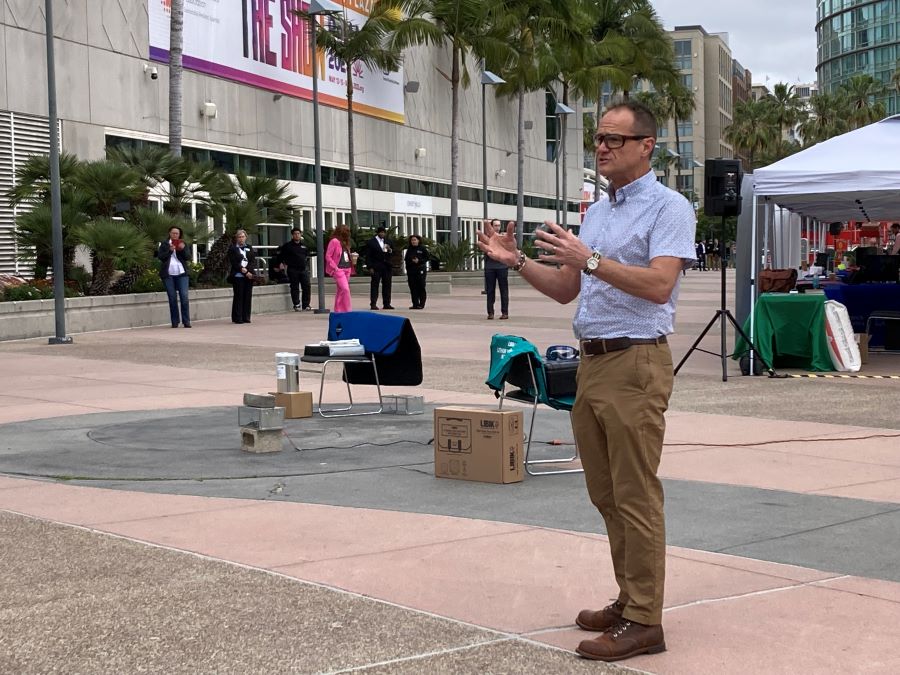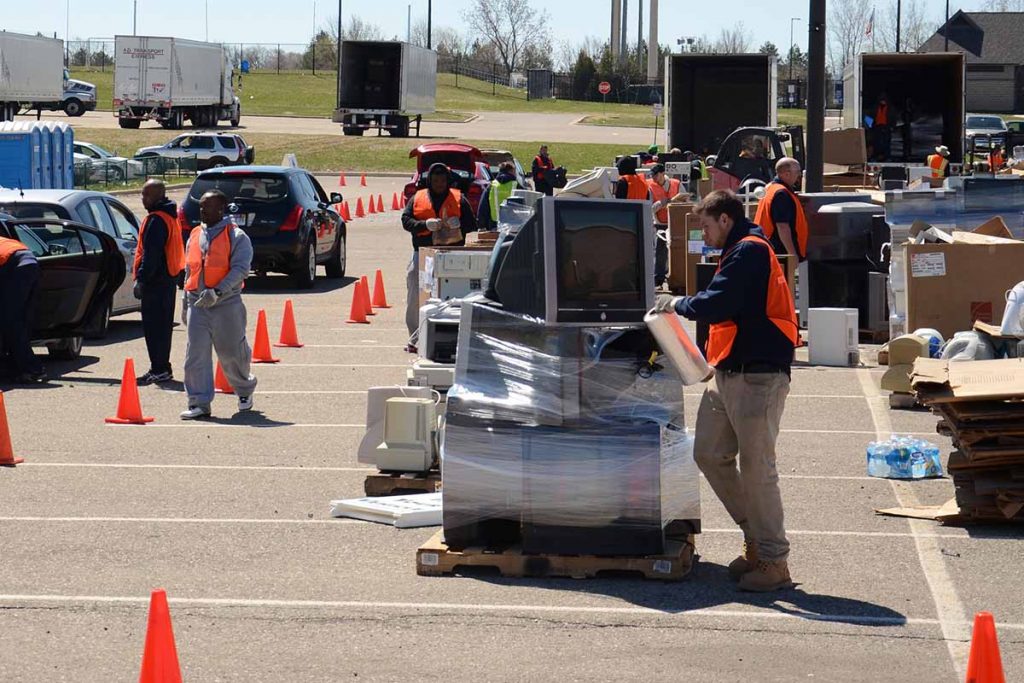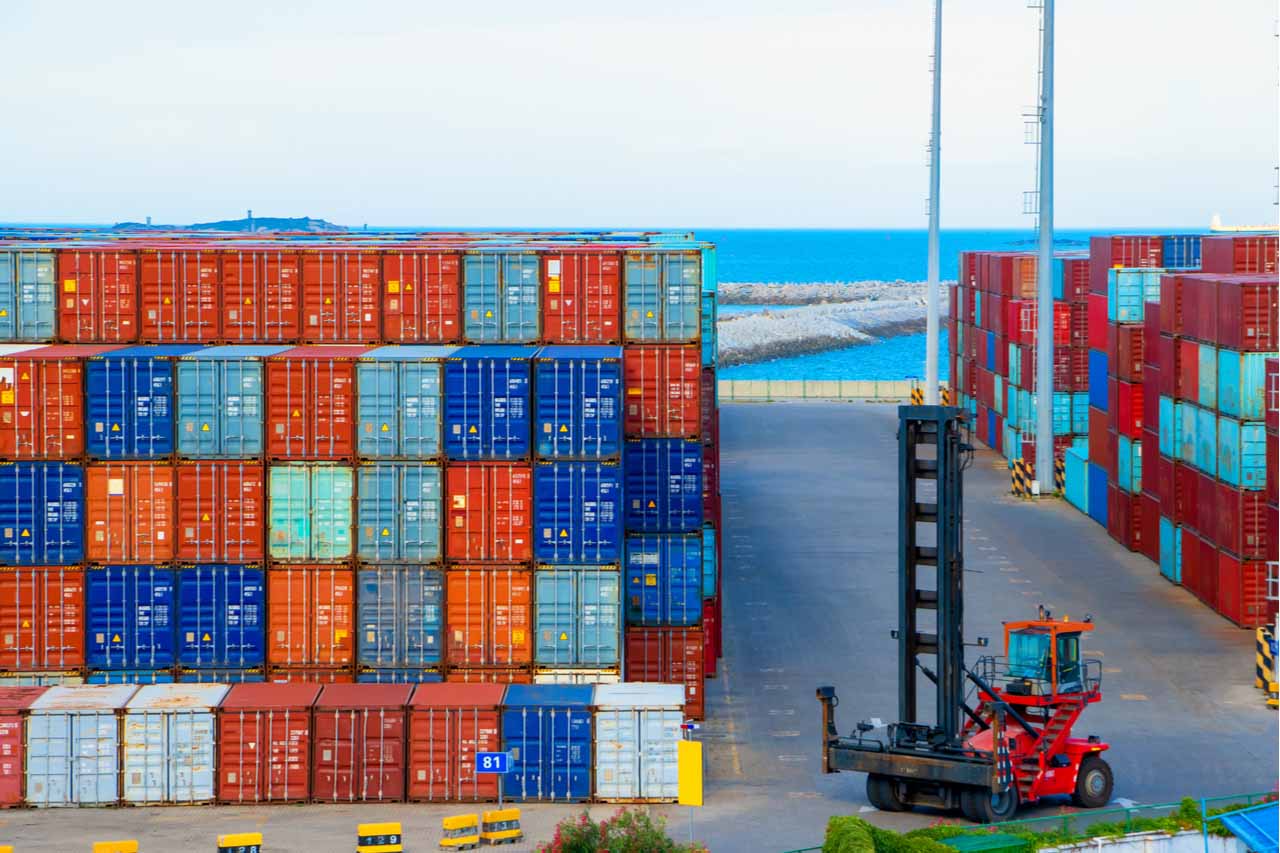
Although the 2025 Basel Convention changes were confined to e-scrap materials, a wider range of scrap metal exports to Thailand have gotten caught up in the fray. | Mayday6510/Shutterstock
In Thailand, import regulations meant to control the flow of end-of-life electronics are creating headaches for shipments of a wider array of metals, including automotive scrap materials. The Recycled Materials Association recently traveled to the country to clarify the confusion. Continue Reading


 Colin Staub was a reporter and associate editor at Resource Recycling until August 2025.
Colin Staub was a reporter and associate editor at Resource Recycling until August 2025.